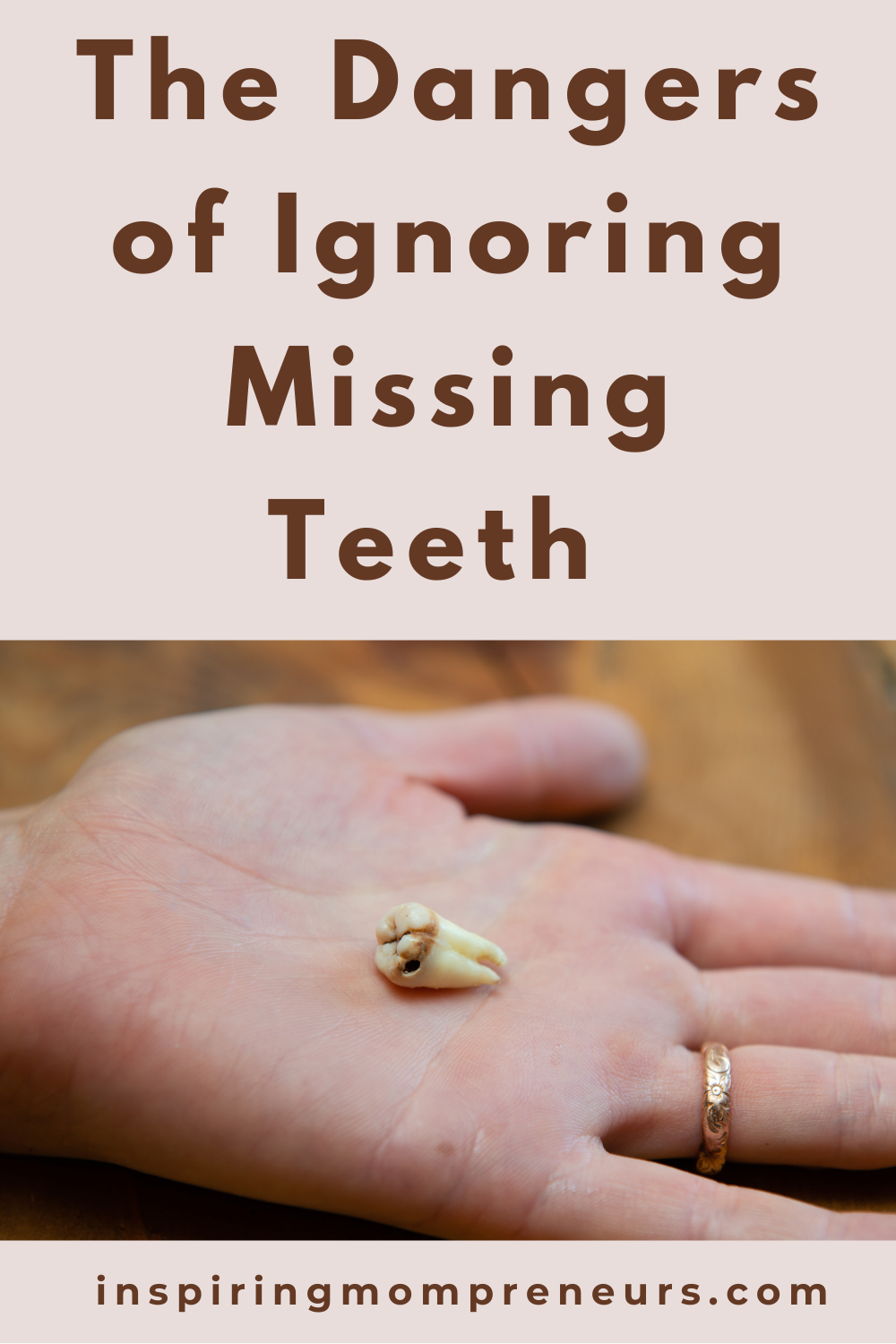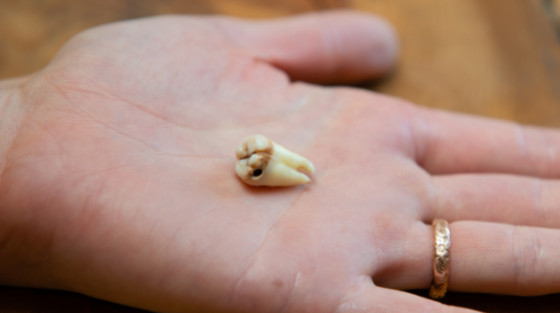Considering the sad state of Australia’s dental health, it is no longer surprising how common it is for adults to not have their full set of teeth.
A full set of adult teeth should total 32, but a recent Oral Health Tracker report puts as many as one in six Australian adults with over ten natural adult teeth absent.
Many people err by not seeing missing teeth as a cause for concern. In fact, there are many negative consequences to losing adult teeth.
The Dangers of Ignoring Missing Teeth

The most obvious consequence that comes easily to mind is an embarrassed smile, but this is just one on the long list of disadvantages, but more on that later.
Teeth that are lost should be replaced by a suitable missing teeth replacement device as soon as possible. Most patients find a dental implant Melbourne as the most desirable option.
And indeed, tooth implants are an excellent choice for patients who meet the criteria. The tooth implant is surgically inserted into the jawbone, making it solid and stable. Another factor that boosts this treatment plan as a favourable option is that though artificial, these teeth look just like natural teeth, which benefits the aesthetics of the mouth.
Being aware of the dangers of missing teeth can help encourage patients to seek suitable dental measures to replace teeth lost and so maintain their good oral health and function.
Risks of Not Replacing Missing Teeth
 Problems Eating
Problems Eating
There is a reason why humans have a set of teeth numbering 32. Each tooth in the dental arch is there to support the role of the team. When there is one or a few missing, this causes a disruption in the workings of the dental arch: speech impediments may occur and there will be interference with the biting and chewing process.
Problems with Aesthetics
It is not just the gap left open in the dental arch that creates an awkward smile. These unfilled gaps are known to cause adjacent teeth to move out of natural alignment. This then gives rise to crooked teeth and the need for orthodontic help.
Problems with the Gums
Patients who don’t replace lost teeth open themselves up to deal with gum disease. A tooth that falls out or is lost to tooth decay leaves open a vulnerable socket in the gums. This socket becomes a den for bad bacteria and germs to accumulate and thrive, and gum disease follows.
Problems with the Jawbone
The jawbone may be out of sight and out of mind, but it is still there continually growing. Jawbone quality is aided and abetted by tooth roots that are embedded in the bone tissue. These roots provide stimulation for the bone to grow and when these roots are absent because teeth have been lost, this stimulation is no more and bone quality deteriorates.
Conclusion
It is clear. A single tooth lost, if not replaced, will have a disastrous impact on dental health. To keep their oral health in check, patients are obliged to seek suitable missing teeth solutions.
Any surgical or invasive procedure carries risks. Before proceeding you should seek a second opinion from an appropriately qualified health practitioner.


